-
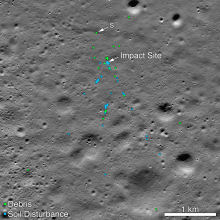
There are three characters to this story. One is Vikram, the other is Vetal (the Revenant) and the third is ISRO. Vetal is a mythological character that is associated with the evil spirit. As per the original story, it is Vikram who tries to capture the Vetal who in turn tells a story to Vikram that ends with a riddle. However, in this story, the onus is on ISRO to give the correct answer to the riddle, which is about the status of Vikram on the surface of the moon. Here Vetal is the fear of ISRO to accept failures upfront.
-
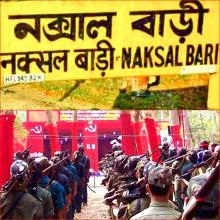
To understand the genesis of the Naxal movement, also known as Maoist/Left-wing extremism, one needs to locate it within the framework of the Communist movement in India. More specifically, any study on the Maoist movement cannot overlook the importance of the rise and fall of the Telangana Movement (1946-51). Because for the Indian Communists, Telangana would always remain the glorious chapter in the history of peasant struggles.
-
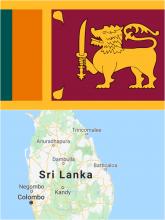
As Sri Lanka is gearing towards the eighth presidential elections on November 16, national security, foreign policy and foreign investments in infrastructure projects and minority issues are once again dominating the political discourse in the country. Although a record 35 candidates have registered for this election, the electoral debate has been mostly dominated by the UNP candidate, Sajith Premadasa, and SLPP candidate, Gotabaya Rajapaksa (GR). The JVP and the NPM could be closer to these two parties.
-
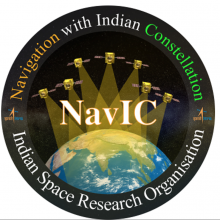
For many years, India has been trying to successfully develop its own satellite navigational system. Despite having all satellites required for this system in place, owing to the lack of user interface, it still remains unusable for the common users. However, it now finally appears that there are some possibilities that within the coming six months Indian users could have the smartphone-based facility available for using the ‘made in India GPS’.
-
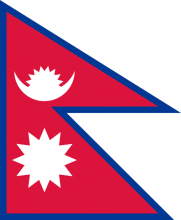
After a decade long armed struggle and promulgation of a new constitution in September 2015 as per the November 2006 Comprehensive Peace Agreement between former Maoists and the then Nepal government, Nepal could witness the rise of another radical Maoist group. The Communist Party of Nepal led by Netra Bikram Chand alias Biplav (also known as CPN-Chand faction) was formed on 24th November 2014 after breaking away from Mohan Baidya’s Communist Party of Nepal (Revolutionary).
-
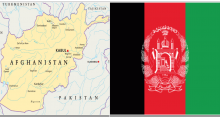
On September 07 (2019) American President Donald Trump unilaterally announced withdrawal from the peace talks with the Taliban. This abruptly brought an end to the first-ever formal peace talks between the US and Taliban, which were going on for more than a year. However, the talks were taking place along with intense violence perpetrated by the Taliban forces although militant groups too witnessed heavy casualties on their side. Thousands of people were killed, including civilians and security forces, during the time of peace talks.
-
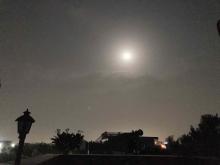
The Indian Space Research Organisation (ISRO) is today recognized as one of the pioneer space research organisations of the world. On 07 September 2019, space enthusiasts from all over the world keenly watched the landing process of ISRO’s lander Vikram on the Moon’s surface. Everyone was praying for a perfect soft-landing. It was expected that (some hours after the landing) the rover Pragyan would come out and march on the Moon’s surface for the next 14 days and gather important observations. However, the lander was not able to perform a smooth landing and the mission went amiss.
-
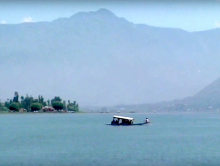
The Parliament of India has scrapped Article 370 and provisions under 35A of the Constitution which granted special status to the State of Jammu and Kashmir, along with the order stating, “It (announcement) shall come into force at once". While introducing the Jammu and Kashmir Reorganization Bill in the Parliament, Union Home Minister Amit Shah said the government has decided to bifurcate the state into two Union Territories – Jammu and Kashmir, which will have a legislature, and Ladakh, which will be without a legislature.
-
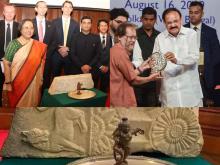
On August 15 (2019), a news report emerged that two artefacts were stolen in the past, a lime stone-carved relief sculpture and a Krishna bronze sculpture, were returned to India. More than 30 such artefacts have been returned to India in the last five years as an act of repatriation of objects of cultural importance. Although this is good news, much must be done to protect India’s valuable artworks, which have become the victim of malicious designs by international smugglers earning huge returns from such illegal trade.
-
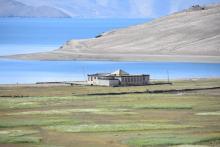
Development in Jammu and Kashmir and Ladakh have both internal and external ramifications
Paxton ported to drupal by DropThemes.in